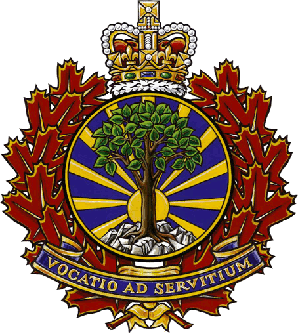The BCHA is commending the Royal Canadian Chaplain Service for recognizing the importance of inclusivity and diversity in public military functions with its new direction on chaplain's spiritual reflections in public settings.
The new directive, issued on October 11, follows years of complaints from atheists and Humanist service members of overtly religious, and often Christian, prayers being delivered at mandatory ceremonies by CAF Chaplains.
Ian Bushfield, Executive Director, responded:
Individuals who enlist to serve Canada deserve the freedom of and freedom from religion that they signed up to defend. This directive plays a crucial role in respecting the diversity of beliefs within the CAF.
The directive recognizes that "for some, prayer does not play a role in their lives" and that the Royal Canadian Chaplain Services is bound by the 2015 Supreme Court of Canada ruling in MLQ v Saguenay.
It requires chaplains provide inclusive reflections that respect the diversity of beliefs within the CAF. This is a significant step towards inclusivity for non-religious CAF members.
When a chaplain’s reflection at a public function is provided within the context of a mandatory public military ceremony/parade/gathering, the reflection shall be inclusive in nature, and respectful of the religious and spiritual diversity of Canada. The reflection must ensure that attendees are reasonably able to identify with the words being uttered. Chaplains shall endeavour to ensure that all feel included and able to participate in the reflection with a clear conscience, no matter their beliefs (religious, spiritual, agnostic, atheist). ~Chaplain General
Chaplains delivering a public address will also be required to wear the standard crest of the Chaplain Service, rather than those of their personal faith tradition.

Royal Canadian Chaplain Services crest
The updated directive comes a little over a year after the CAF announced Captain Marie-Claire Khadji as the CAF's first Humanist chaplain.
The BCHA remains concerned that chaplains are still permitted to deliver spiritual reflections to CAF members at mandatory events. These reflections, delivered by ordained clergy, are arguably still public prayers. For those members who desire a prayer, they should seek that out privately without mandating the attendance of their nonreligious colleagues.
Bushfield continued:
As we look forward to Remembrance Day ceremonies in the coming weeks, we are asking all levels of governments and local Legions to review this new directive to ensure their own ceremonies are inclusive of all beliefs and none.
Read the reaction from Humanist Canada
